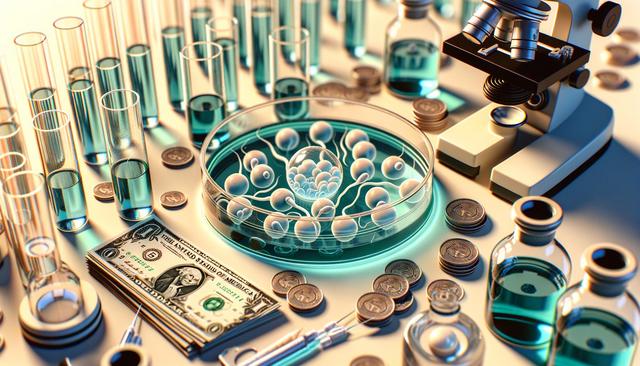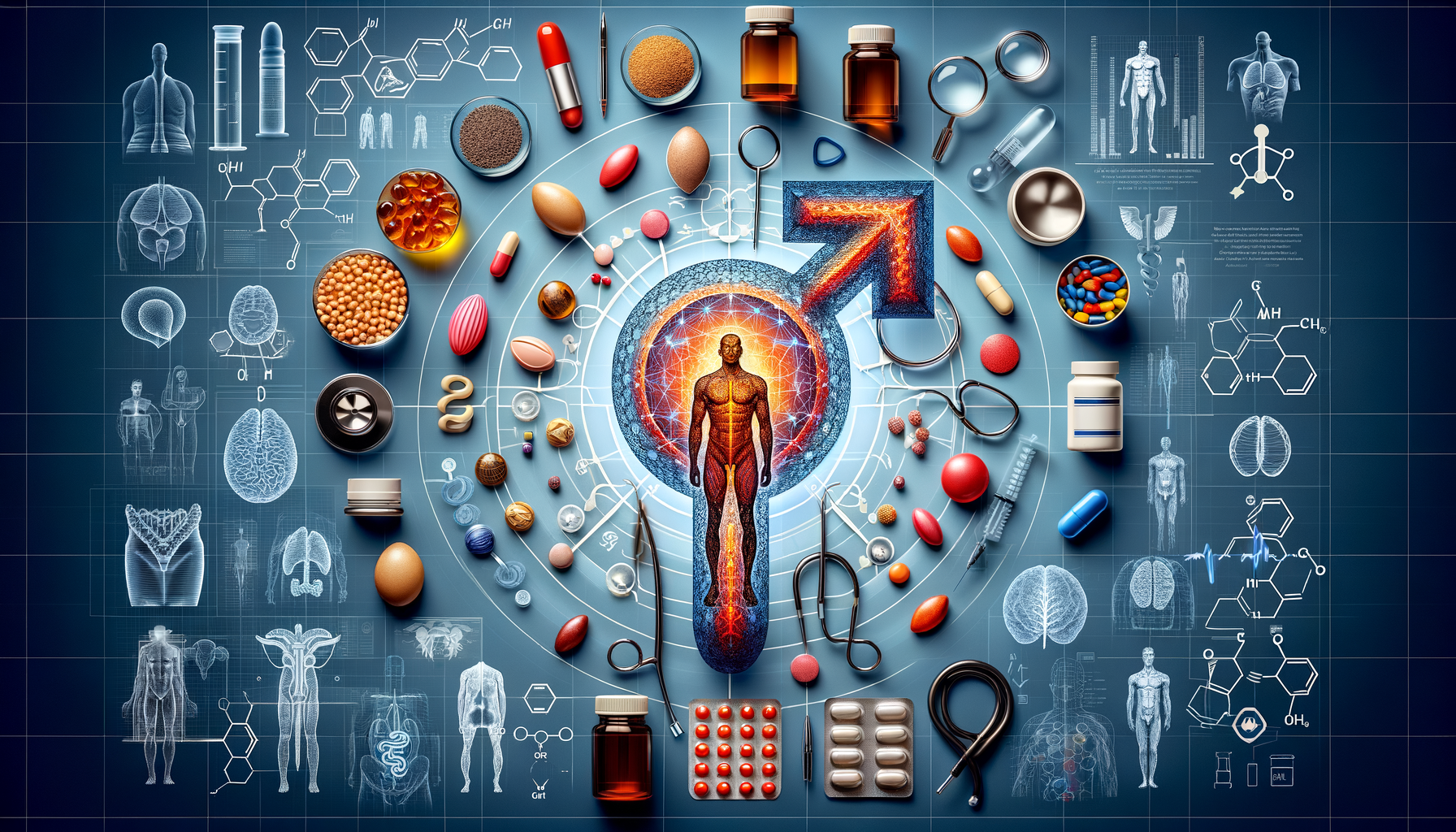
Understanding Paid Sperm Donation: What You Need to Know
The Basics of Paid Sperm Donation
Paid sperm donation involves individuals providing sperm samples to a licensed facility in exchange for financial compensation. These donations are typically used by individuals or couples seeking fertility assistance. Donors usually participate on a regular schedule, and their samples are stored, tested, and used according to strict medical and ethical guidelines. The process is confidential, and donors are not legally responsible for any offspring resulting from their donation.
To become a donor, individuals must meet specific criteria. Clinics often require:
- Age typically between 18 and 39 years old
- Good physical and mental health
- Non-smokers and substance-free lifestyle
- No history of hereditary diseases
Applicants undergo a thorough screening process, including medical evaluations, genetic testing, and interviews about personal and family health history. This ensures the quality and safety of donated sperm for recipients.
Why People Choose to Donate
There are various motivations behind sperm donation, and compensation is just one of them. Many individuals are driven by the desire to help others build families, especially those facing infertility challenges. In some cases, donors have friends or family members who have struggled with fertility, which inspires them to contribute in a meaningful way.
Common reasons for donating sperm include:
- Helping couples or individuals who cannot conceive naturally
- Receiving financial compensation for time and effort
- Participating in medical research or clinical studies
- Contributing to the advancement of reproductive technology
While financial incentives are often part of the decision, the act of donating can also bring a sense of personal fulfillment and altruism.
The Process and What to Expect
The typical sperm donation process involves several steps. After passing the initial screening, donors visit the clinic regularly to provide samples. These samples are collected in a private setting, and donors are usually asked to abstain from ejaculation for at least 48 hours prior to donation to ensure sample quality.
Once collected, the sperm is analyzed for volume, concentration, motility, and morphology. Only samples that meet high standards are frozen and stored. It’s common for clinics to quarantine samples for a period (often 6 months), during which the donor is re-tested for infectious diseases to maintain safety protocols.
Donors are also asked to commit to a donation schedule, which may involve weekly or biweekly visits over several months. This regularity helps the facility maintain a consistent supply for families in need.
Legal and Ethical Considerations
One of the most important aspects of sperm donation is understanding the legal and ethical implications. In most jurisdictions, donors sign contracts that relinquish all parental rights and responsibilities. This means they are not considered legal parents of any children conceived through their donation and are not obligated to provide child support or be involved in the child’s life.
However, laws can vary, and it’s essential for donors to understand their rights and responsibilities before proceeding. Some regions allow donor-conceived individuals to access identifying information about the donor once they reach a certain age. This has led to discussions about transparency in donor conception and the rights of donor-conceived offspring.
Ethically, clinics are expected to maintain strict confidentiality and treat both donors and recipients with respect. Donors are encouraged to be honest during the screening process and to consider the long-term implications of their decision.
Compensation and Time Commitment
Donors are typically compensated for their time, travel, and commitment rather than the biological material itself. The amount can vary based on location, clinic policies, and the number of donations provided. While not a full-time income, it can be a helpful supplemental source of funds, especially for students or part-time workers.
In terms of time commitment, becoming a regular donor involves more than just showing up. There are ongoing health checks, schedule adherence, and lifestyle requirements (such as avoiding certain medications or alcohol) to ensure sample quality. Those considering donation should be prepared for:
- Initial screening and paperwork
- Regular donation appointments
- Follow-up medical tests
- Adhering to clinic protocols
While the process requires effort and responsibility, many donors find the experience rewarding, knowing they are contributing to a deeply personal and impactful cause.
Conclusion: Is Paid Sperm Donation Right for You?
Paid sperm donation is a personal decision that combines altruism with responsibility. For those who meet the health and lifestyle criteria, it offers a way to help others while receiving compensation for their time and effort. It’s crucial to understand the medical, legal, and ethical aspects before participating, as the decision carries long-term considerations. If you’re healthy, committed, and interested in making a difference, sperm donation could be a fulfilling opportunity that supports individuals and couples on their journey to parenthood.


